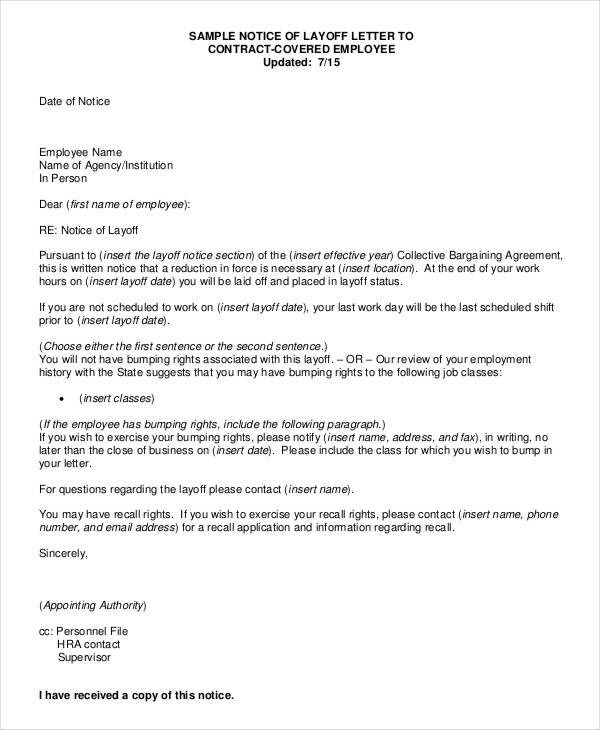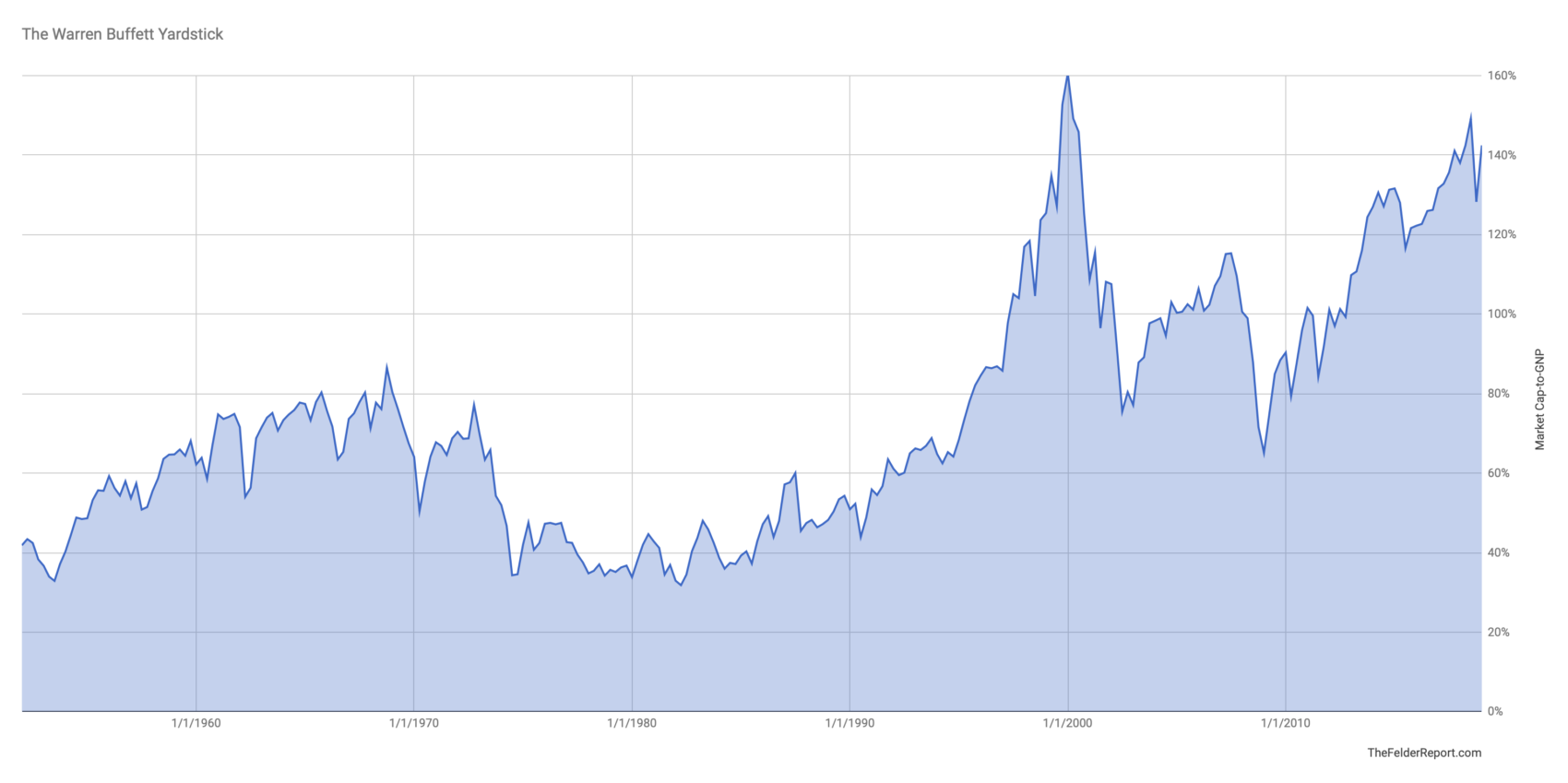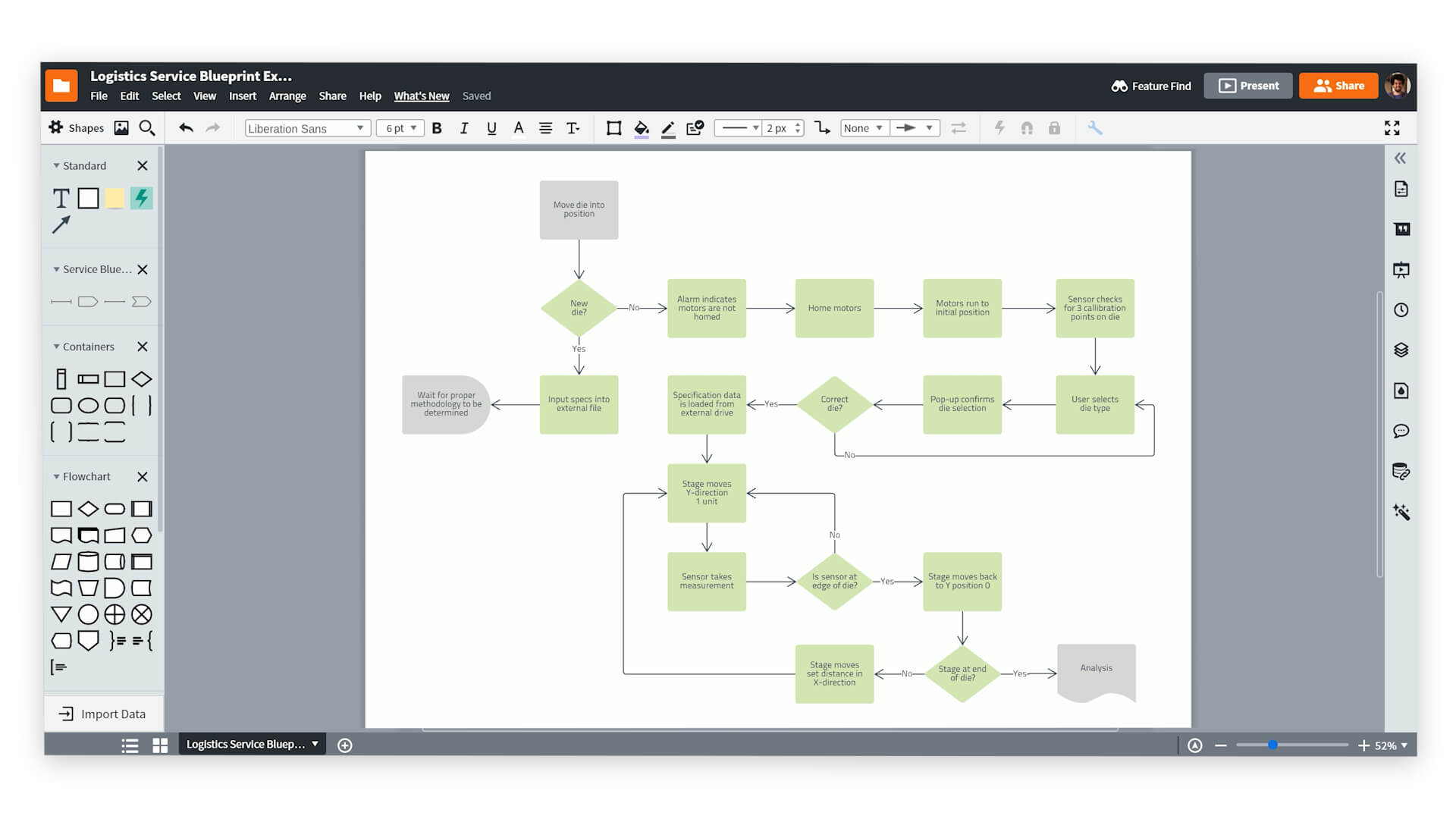Returning To A Former Employer After A Layoff: Things To Consider

Table of Contents
Assessing Your Reasons for Returning
Before submitting your application, take time to honestly assess your motivations for wanting to return to your previous employer. Why do you want this specific job back? Is it the familiar work environment, the people you worked with, or are there other factors at play, such as better compensation elsewhere that you think you can negotiate?
- Was the layoff due to company-wide restructuring or performance issues? Understanding the reason for the layoff is crucial. A company-wide restructuring suggests a broader economic issue, while performance-related layoffs warrant a deeper self-reflection.
- Have your skills and experience grown significantly since your departure? If so, highlight this in your application and interviews. Show how your skills have evolved and are now an even better fit for the company.
- Do your personal goals align with a return to this specific company? Consider your career trajectory. Does returning to this company align with your long-term ambitions, or is it a temporary fix? Be honest with yourself about your long-term goals.
Gauging Company Sentiment and Opportunity
Before you even consider applying, research the company's current state. A positive and productive work environment is vital. How is the company performing? Are they thriving, or are they still struggling? This will significantly impact your decision.
- Research the company's current state. Look for recent news articles, financial reports, and employee reviews on sites like Glassdoor, Indeed, and LinkedIn. These resources provide valuable insights into the company culture and its current financial health.
- Network with former colleagues. Reach out discreetly to former colleagues for an informal update on the current work environment and any potential openings. Their inside perspective can be invaluable.
- Is the company financially stable? A struggling company might not be a wise choice, even if the job sounds appealing. Consider the long-term stability and potential for growth.
- Are there similar roles available that better suit your evolved skills? You might find a better fit within the company than your previous role.
- How has the company culture changed since your departure? Company culture can change significantly, so ensure you're informed about any shifts in values or work style.
Crafting Your Application and Interview Strategy
When applying, address the layoff directly and honestly but positively. Frame it as a learning experience, focusing on the skills and growth you've gained since your departure.
- Address the layoff directly. Don't shy away from it. Explain it briefly and honestly, focusing on the positive takeaways from the experience. For instance, you could mention the skills you gained during your time off, or projects you pursued.
- Highlight transferable skills and new experiences. Showcase the growth and development you've achieved since your departure, emphasizing how these new skills and experiences would benefit the company.
- Prepare compelling answers to potential interview questions. Anticipate questions about your previous departure and your motivations for returning. Practice your answers to ensure you present yourself confidently and professionally.
- Tailor your resume and cover letter. Emphasize the skills and experiences most relevant to the open position and highlight any new skills or knowledge gained since your previous employment.
- Practice answering common interview questions. Focus on your positive growth and the value you bring to the company.
- Be prepared to articulate your long-term career goals. Show how these align with the company's needs and demonstrate a commitment to your future within the organization.
Negotiating Your Salary and Benefits
Don't undervalue yourself. Research industry standards to determine a fair salary range for your experience and the role, considering any increased skills or experience you've gained since your last employment.
- Research industry standards. Use online resources to determine a fair salary range for your experience and the role.
- Know your worth. Don't undervalue your skills and experience gained since your layoff. Factor in your improved skills and any additional training or certifications you've obtained.
- Be prepared to negotiate. Have a salary range in mind and be ready to justify your expectations.
- Consider the total compensation package. This includes benefits, bonuses, and potential for advancement.
- Don't be afraid to negotiate for a higher salary. If your skills and experience warrant it, don't hesitate to negotiate for a salary that reflects your current value.
- Remember to factor in any severance or outplacement benefits. These benefits should be considered when negotiating your new salary.
Conclusion
Returning to a former employer after a layoff can be a viable option, but careful consideration of the factors outlined above is essential. By honestly assessing your motivations, researching the company's current status, crafting a compelling application, and negotiating effectively, you can increase your chances of success. Remember to weigh the pros and cons thoroughly before deciding whether returning to your former employer is the right move for your career. Make an informed decision on returning to a former employer after a layoff and ensure your next step is a successful one.

Featured Posts
-
 Trump On Congressional Stock Trading Ban A Time Magazine Interview
Apr 26, 2025
Trump On Congressional Stock Trading Ban A Time Magazine Interview
Apr 26, 2025 -
 Bof As Reassuring View Are High Stock Market Valuations Really A Worry
Apr 26, 2025
Bof As Reassuring View Are High Stock Market Valuations Really A Worry
Apr 26, 2025 -
 Could Ahmed Hassanein Become Egypts First Nfl Draft Pick
Apr 26, 2025
Could Ahmed Hassanein Become Egypts First Nfl Draft Pick
Apr 26, 2025 -
 Where To Start A Business Mapping The Countrys Best New Locations
Apr 26, 2025
Where To Start A Business Mapping The Countrys Best New Locations
Apr 26, 2025 -
 Chat Gpt And Open Ai Facing Ftc Investigation A Deep Dive
Apr 26, 2025
Chat Gpt And Open Ai Facing Ftc Investigation A Deep Dive
Apr 26, 2025
